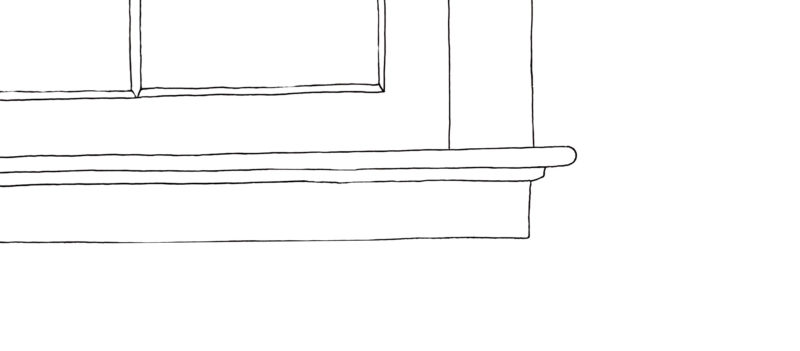Listen:
Even after some time, I am still the weeping wound in the houseplant,
tearing easily. Nudged — even slightly — and the stem is snapped.
I expected more from everyone I’ve loved. Strangers —
I’m talking to you, too. I loved you most of all.
Each person
I brought inside the house in my chest started out a stranger
and became the other body: in the kitchen at the sink, sharing
the mirror, sharing the bed, watering the plants, reaching for a glass
in the dark, taking my clothes off with haste or patience or not
at all, breathing my breath back to me.
Once unstrangered,
they eventually become stranger again. Or I become someone else
when I find a heavy coat of disappointment and take a liking
to it, wear it around the house and refuse to take it off.
I slept
on the couch in my jeans and my coat, afraid less of the rage
my stranger threw across the room and more of admitting
that I let the unthinkable become familiar and in that
no longer recognized myself.
It had come on so swiftly
and so gradually, somehow, that shattering. Like a big clay pot
on a precarious windowsill when it tips and falls and hangs
in the air — that yearslong moment before the floor breaks it,
what you envisioned the whole time it was sitting there on the sill.
Precarity unsparing, so that what’s intact already exists in its breaking.

